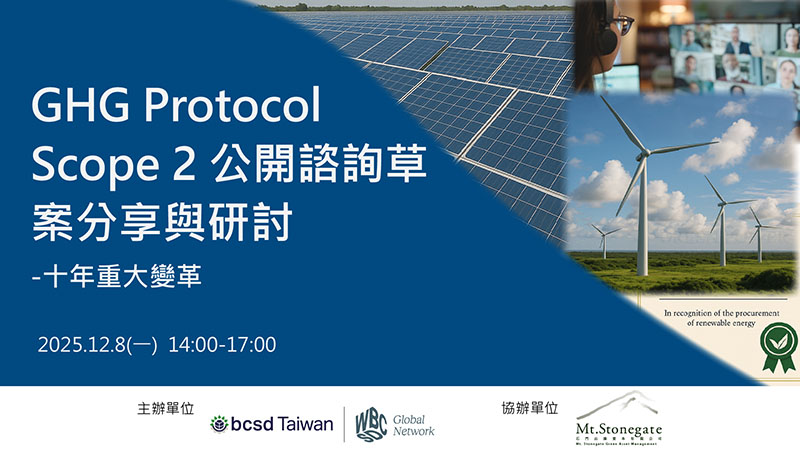Mt. Stonegate at Supply Chain Decarbonization Fundamentals Training
- Jul 9, 2025
- 2 min read

Mt. Stonegate was honored to attend and contribute to the Supply Chain Decarbonization Fundamentalstraining held on June 26, 2025, in the Philippines. The event was organized by the Net Zero Carbon Alliance (NZCA) in collaboration with the Corporate Decarbonization Exchange (CDx), and brought together sustainability leaders, procurement professionals, and corporate decision-makers to strengthen the understanding of decarbonization strategies within the Philippine business sector. The training focused on expanding corporate climate action beyond internal operations to include value chain partners, with a special emphasis on Scope 3 emissions— the indirect emissions that often represent the largest portion of a company’s carbon footprint.
Key topics covered included the categorization of GHG emissions (Scope 1, 2, and 3), as well as introductions to international and local frameworks such as the Science Based Targets initiative (SBTi) and the Philippine SEC’s climate disclosure rules. Local corporate leaders shared their own sustainability journeys, emphasizing the long-term benefits and systemic shifts required to drive meaningful progress. The session also provided practical guidance on transparent reporting, avoiding greenwashing, and communicating commitments effectively to diverse stakeholders. At the same time, the discussion acknowledged common challenges, particularly for SMEs and MSMEs, which often lack access to financing and institutional capacity to engage fully in decarbonization efforts.

George Krizza Kiongson, Mt. Stonegate’s Assistant Project Manager, contributed further perspective during the session Implementing Decarbonization Strategies, providing practical insights into supply chain engagement, financing models, and real-world case studies. She emphasized the interconnected nature of GHG emissions across the value chain, noting that while large corporations may classify supply chain emissions under Scope 3, for suppliers—particularly SMEs—these same emissions may fall under Scope 1 or 2. In some cases, Scope 3 emissions can account for as much as 60–80% of a company’s total footprint.

George also discussed how countries like the Philippines, which are in the early stages of decarbonization, can “leapfrog” toward sustainable practices by learning from global experiences and innovations. Drawing from Mt. Stonegate’s work with multinational companies across Southeast Asia, she highlighted the important role that large corporations can play in supporting their supply chains. This includes investing in capacity-building, offering internal funding through mechanisms like internal carbon pricing, and facilitating aggregated Power Purchase Agreements (PPAs) that extend beyond direct operations.
The training reinforced a critical message that decarbonization is not a journey that companies can undertake alone. It requires collaboration, innovation, transparency, and inclusive support across the entire supply chain. Addressing Scope 3 emissions is not only a matter of accountability but also a shared opportunity to accelerate sustainability.
Mt. Stonegate remains committed to supporting both large and small enterprises in their decarbonization journeys, ensuring that no stakeholder is left behind in the transition to a low-carbon future. Contact us to learn how we can help you take the next step toward a low-carbon future.


![【2026.01.14|台灣研討會】2026 脫碳行動論壇:突破市場挑戰・共創未來藍圖[Jan 14, 2026 | Taiwan Seminar] 2026 Decarbonization Action Forum: Breaking Market Barriers, Building a Future Blueprint](https://static.wixstatic.com/media/c14295_65fc6447b44b48128abae35baa11bee9~mv2.jpg/v1/fill/w_600,h_800,al_c,q_85,enc_avif,quality_auto/c14295_65fc6447b44b48128abae35baa11bee9~mv2.jpg)

Comments